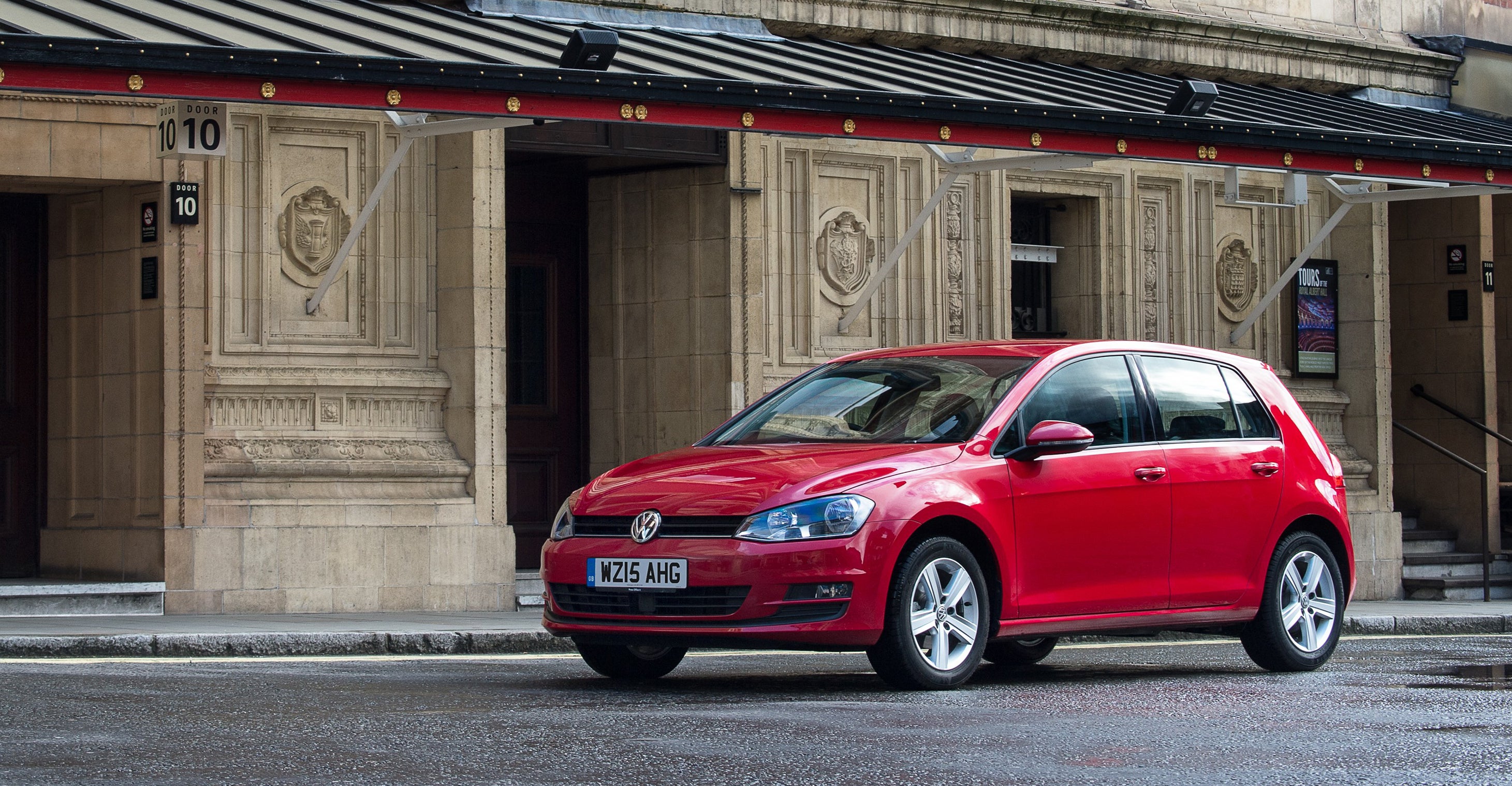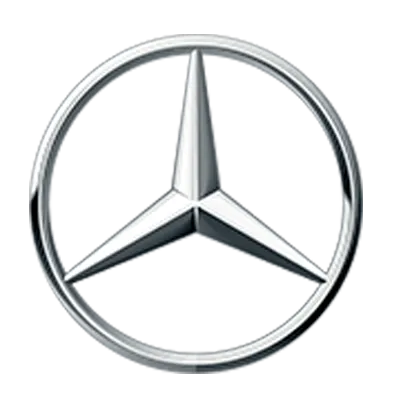Cheap cars for sale with heycar
With a cost of living crisis in full flow, more people than ever want to spend as little money as possible on their motoring. But it’s a tricky challenge. Sure, you could buy the absolute cheapest car you could find, but the costs never stop there. Will it be cheap to run? Will it be reliable? Will it do what you need it to do?
The best cheap cars provide all the essentials you need for your particular driving requirements, but come without the high costs associated with newer models. Most will be small cars, as they tend to be more affordable to buy and have lower running costs, although there are a few larger cars that are impressively good value-for-money. Many have particularly economical engines that can help keep fuel expenses low.
Just about all cheap cars will be second-hand – while there are new cars that are a positive bargain compared to their rivals, they’re still brand-new and will still depreciate as soon as you take them off the forecourt. If you’re watching your costs, it’s much better to find a car that’s already suffered that initial hit in value.
Why buy a cheap car?
You’ll want to buy a cheap car if you’re looking to maximise value. Choosing a used car will mean you benefit from lower initial costs, thanks to the bulk of the depreciation having already taken place. Looking at used cars opens up a huge variety of cars that are relatively affordable to buy and own, meaning you can find one that suits your needs exactly. And the money you save in buying and running the car can be put to good use elsewhere.
A cheap car doesn’t necessarily mean a small car – you can get larger cars for far less than new, as they only get cheaper with age and mileage. Find a suitable car with a full service history and you can be relatively confident in its reliability, even if it’s a few years older or has covered more miles than smaller cars of the same price.
What are the best makes and models of cheap cars?
It’s not difficult to find a cheap car – look at any classified ad site or listings page, and there’ll be loads to choose from. But it’s important to balance out initial affordability with reliability and long-term costs. It’s no good spending minimal cash on a car only for it to regularly go wrong, or cost a fortune in upkeep. With that in mind, we’d recommend sticking to cars from the last few years – ones that have their worst years of depreciation behind them, but are still new enough to be reliable and efficient.
Cars that we’d point you towards include small cars like the Volkswagen Up, Ford Fiesta and Vauxhall Corsa, which sold in great numbers, meaning there are loads to choose from on the used market. Some models came with impressive warranties when new, and could still be covered now, giving you peace of mind when it comes to unexpected repair costs. These include various cars from Kia, such as the Picanto, Rio and Ceed, all of which had seven-year warranties from new.
Cheap electric cars include older models like the Renault Zoe and Nissan Leaf. They might not have the battery range of the newer models, but they’ll still do more than 100 miles on a charge, which will be plenty for getting around town without spending a penny on petrol or diesel.
Want something larger? Look for cars like the Dacia Jogger and Dacia Duster, which were great value when they were new and are an even better deal used.
What should I look for when buying a cheap car?
When buying a cheap car, don’t look only at the purchase price. Think about the costs for the whole time you’ll own the car. For instance, you can pick up a luxurious Range Rover or Porsche for just a few thousand pounds, but the running costs will be immense.
As with any car, you should also carefully consider how you’ll be using it. Do you need space for passengers and/or luggage? Will you be staying mostly around town or doing short journeys? In that case, an electric car or a hybrid could save you money in the long-term. A petrol engine will give you flexibility to stay in town or do longer journeys, but if most of your trips are longer than a diesel could be a good option.
Think about the brand of the car, too – while most manufacturers have a warranty that expires after three years, some last for longer. Toyota and Hyundai warranties last for five years, and Kia’s for seven years, so you might want to opt for a car that’s still covered to help shield you from unexpected mechanical repairs.
Maintenance costs vary between manufacturers as well, even if you don’t go to a main dealer. For example, replacement Audi or Mercedes-Benz parts will likely be far more expensive than equivalents from Ford or Honda.
If you're not sure if a cheap car is quite right for you, we've got 1000s of used cars for sale to suit all budgets and needs.
Browse by car type
Browse our most popular models
Promotions
Most popular makes on heycar
Get our latest advice, news and offers
Keep me updated by email with the latest advice, news and offers from heycar.
By submitting you agree to our privacy policy































